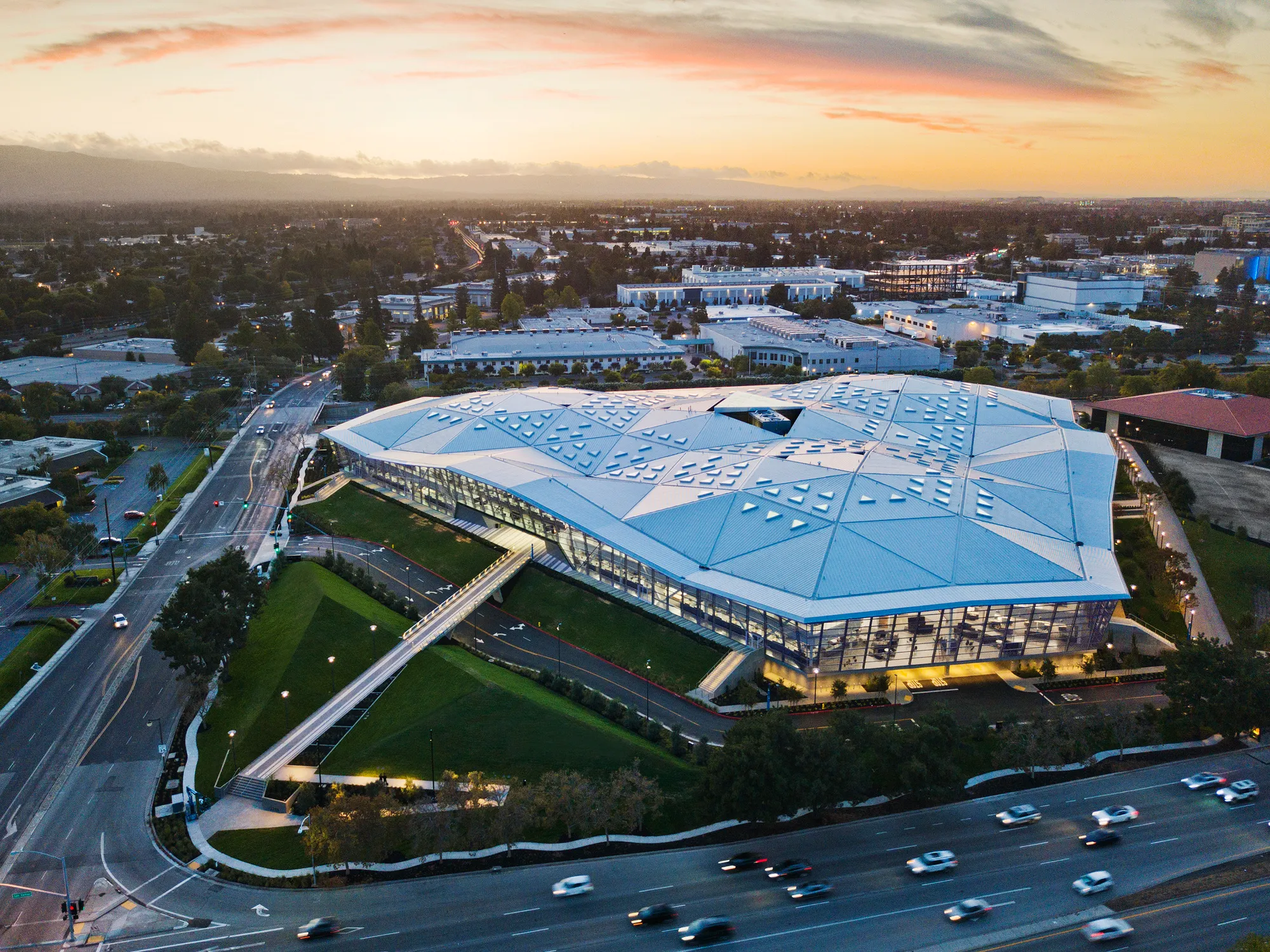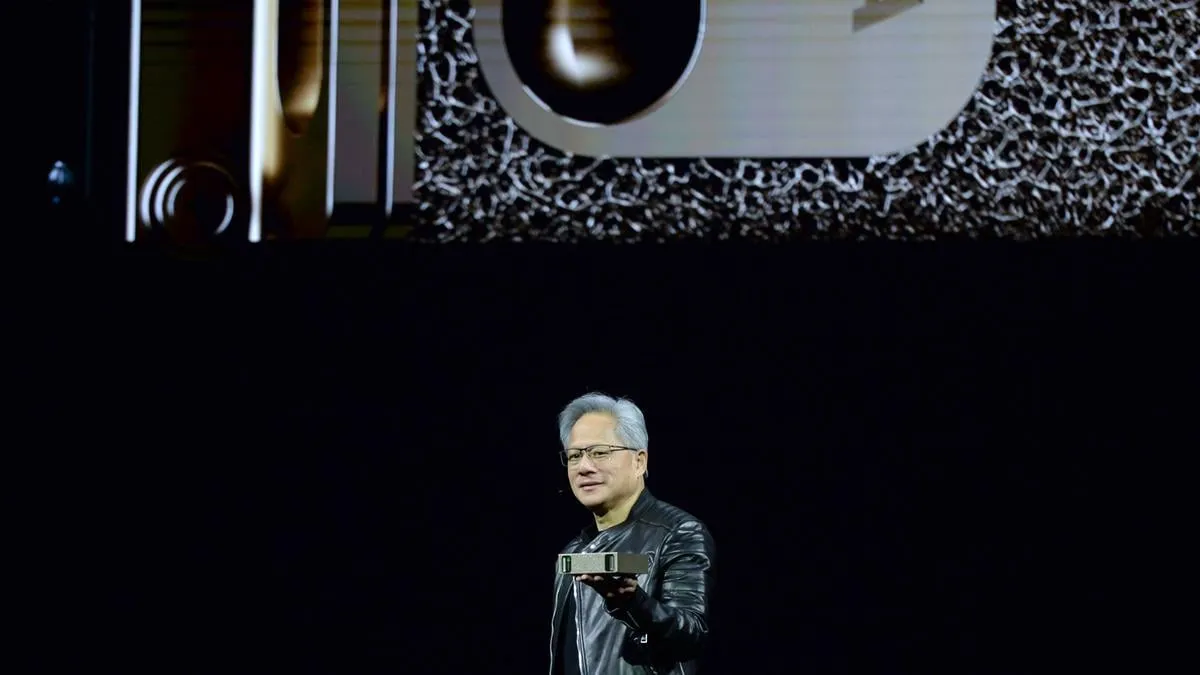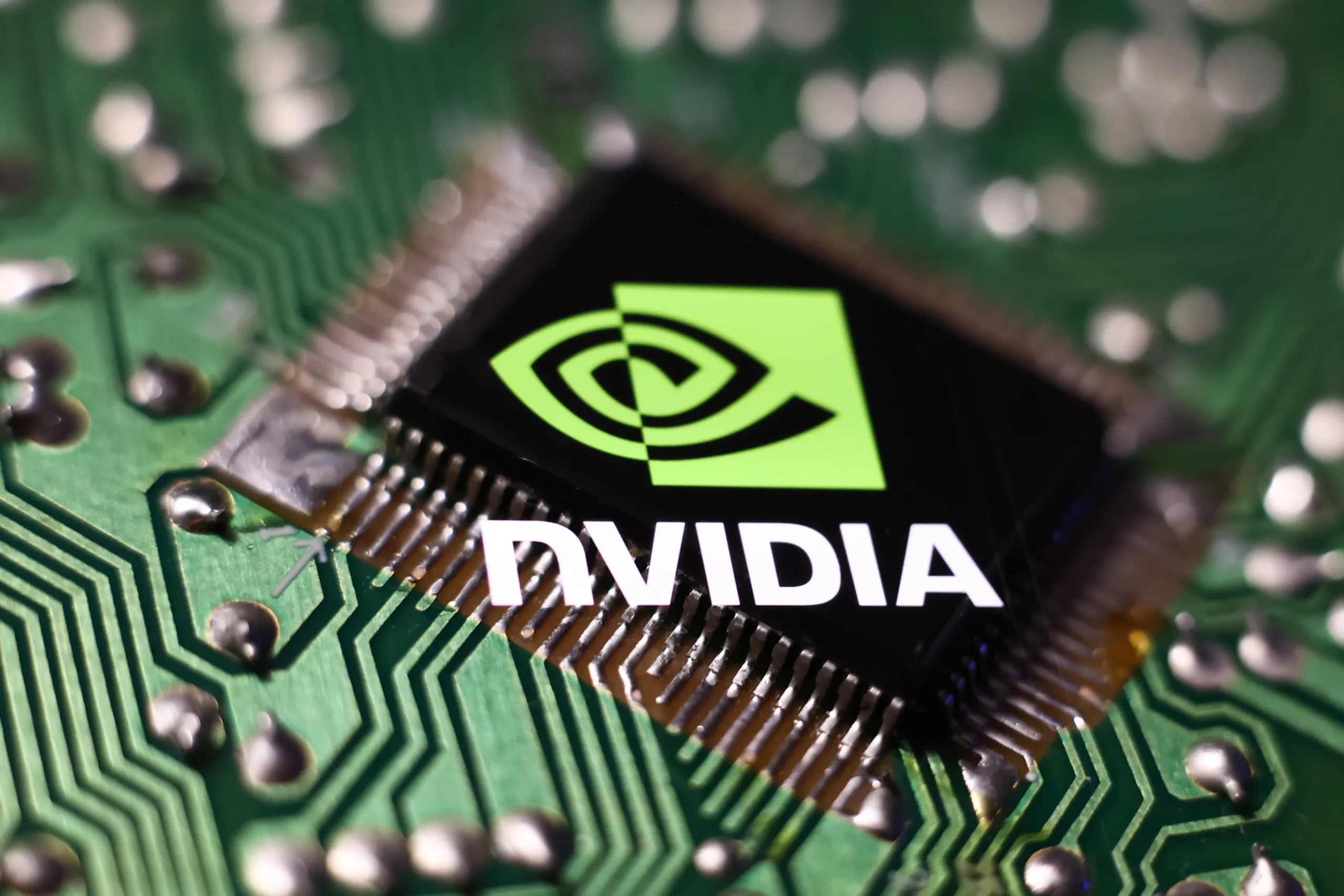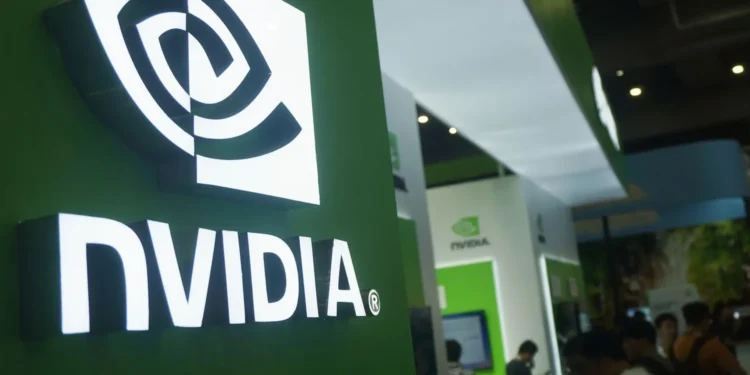Nvidia’s Chief Executive Officer, Jensen Huang, made a high-profile trip to Beijing on April 17, 2025, just days after the Trump administration implemented restrictions that barred the company from selling its H20 AI chips to China. This move marks the latest chapter in the ongoing tech rivalry between the U.S. and China, a saga that is reshaping the global semiconductor landscape.

Huang, who is no stranger to Beijing, arrived at the invitation of a domestic trade group, as reported by state-run China Central Television. In a rare video clip shared by the outlet, Huang, who is often seen sporting his signature black leather jacket, appeared in a suit and tie. The video, however, did not specify the event he was attending, leaving many wondering what his next steps would be in the complex web of international tech relations.
U.S. Sanctions and Their Impact on Nvidia’s Business
The timing of Huang’s visit raised eyebrows, especially as it followed a tense meeting with U.S. President Donald Trump just a week earlier. During that meeting, Huang warned of a significant $5.5 billion writedown in the wake of the new chip restrictions. These curbs are part of Washington’s broader strategy to limit China’s access to advanced AI technology, and they directly impact Nvidia’s chip offerings designed specifically for Chinese markets.
The new export controls were part of a heightened tech battle between the U.S. and Beijing, with the U.S. government citing concerns over national security and the potential use of AI technologies in military applications. Nvidia, a key player in the AI chip market, was left grappling with these restrictions that stymied a product line it had developed with China in mind. Following the announcement of the restrictions, a bipartisan U.S. House committee called on Nvidia to provide information on its sales of chips that might have been used by DeepSeek, a rising Chinese AI company that has made waves in the industry with its breakthrough chatbot technology.
Nvidia’s Efforts to Comply with U.S. Export Controls
Despite these challenges, Huang reassured his Chinese counterparts that Nvidia remains committed to the Chinese market, which continues to be one of the company’s most significant revenue streams. During his meeting with the head of the trade group, Huang confirmed that Nvidia would continue to optimize its products to comply with U.S. export controls, emphasizing the company’s ongoing efforts to maintain its position in the competitive AI market.

“China remains a very important market for Nvidia,” Huang stated. His comments reflect the company’s desire to stay engaged with the Chinese market, even in the face of tough regulatory hurdles. With U.S. sanctions complicating its operations, Nvidia has no choice but to navigate the delicate balance between adhering to export controls and continuing to supply cutting-edge technology to its Chinese clients.
A Glimpse Into Huang’s Beijing Itinerary
While Huang’s exact itinerary in Beijing remains a mystery, some details have started to surface. According to reports from the Financial Times, Huang met with key figures such as DeepSeek founder Liang Wenfeng and Chinese Vice Premier He Lifeng. These meetings underscore the importance of China in Nvidia’s broader strategy, as the company works to secure relationships with local tech giants and policymakers.

Although no official comments were made by Nvidia on these meetings, the implications of Huang’s interactions in Beijing are clear. With the tech world watching closely, Nvidia’s CEO is walking a tightrope, trying to maintain strong ties with both Washington and Beijing in a high-stakes environment. These discussions are part of the broader conversation about the future of AI, semiconductor technology, and the global balance of power in the tech industry.
The Growing Rivalry: Huawei and DeepSeek
As Nvidia faces pressure from the U.S. government, it is also contending with rising competition in the AI chip market. Huawei Technologies, one of China’s most powerful tech companies, has been ramping up its own efforts in AI chip development, using its own accelerators to challenge Nvidia and AMD’s dominance in the sector. While Huawei’s offerings are still lagging behind in terms of performance, the company is rapidly advancing its capabilities, making it a key player in the evolving landscape of AI chip development.
Meanwhile, DeepSeek’s rapid rise has caught the attention of both Chinese and Western tech observers. With the success of its AI-driven chatbot, DeepSeek is positioning itself as a formidable competitor in the AI space, further complicating the dynamics for Nvidia as it seeks to maintain its market share.










